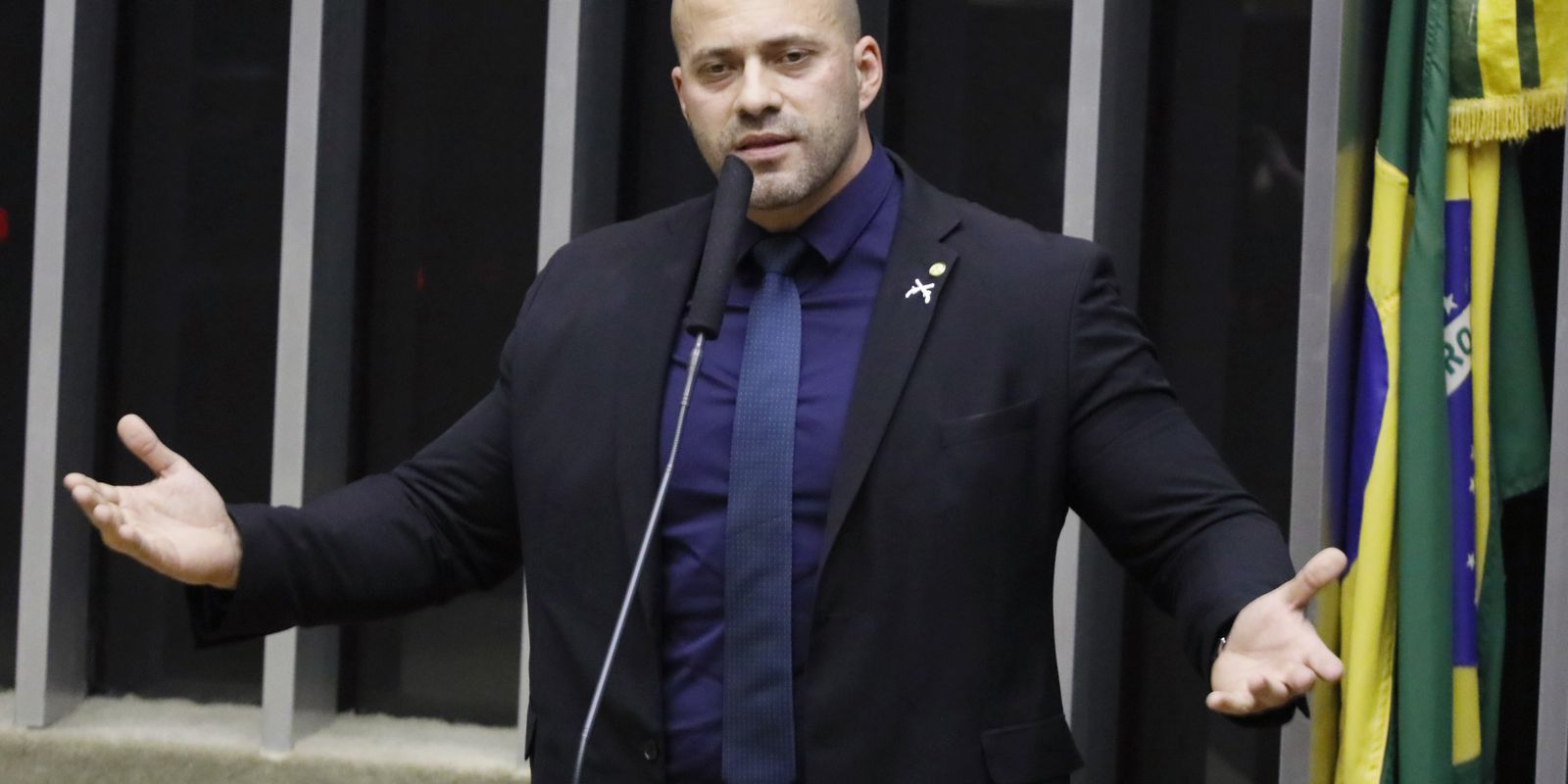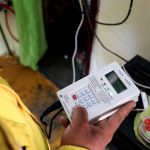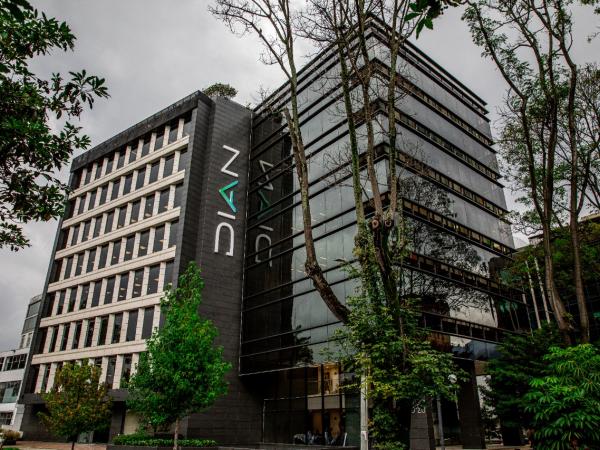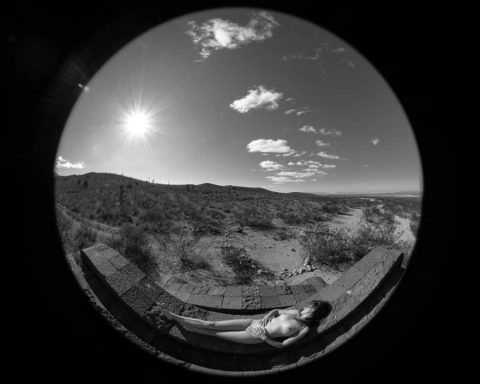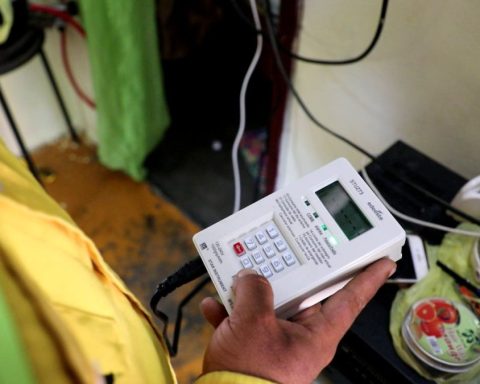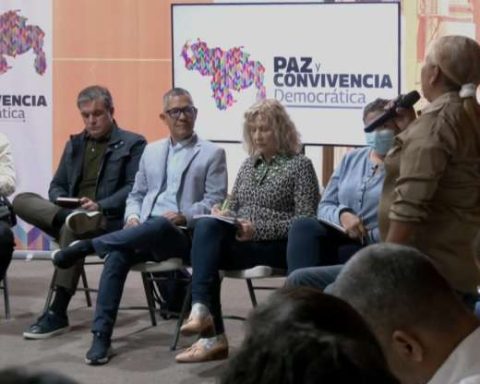THE few hours to start being judged, Deputy Daniel Silveira (PTB-SP) once again criticized the Federal Supreme Court (STF) and some of its ministers. The deputy is accused by the Attorney General’s Office of crimes of coercion in the course of the process, incitement to animosity between the Armed Forces and the Federal Supreme Court (STF) and attempt to prevent the free exercise of powers.
In a speech read this morning in the Chamber’s tribune, Silveira regretted the fact that the president of the House, Arthur Lira (PP-AL), did not guide the proposal that suspends the criminal action against him. Silveira also criticized the rapporteur of the case in the STF, Minister Alexandre de Moraes. “Perhaps even President Arthur Lira did not realize this very serious mistake against the Legislature, in not having guided the suspension of Criminal Action No. continuity,” he said.
The deputy added that he spent 11 months in a “crime-free” prison and called Moraes the “little king of Brazil”. “The frustrated little boy, who acts his way, outside the Constitution, has a lot of courage behind the table with a pen and the power of command”, he criticized.
“It’s very complicated to have people of this kind inside the Supreme Court, trampling on the Constitution, not respecting what this House enacted in 1988,” he said.
Right at the beginning of his speech, Daniel Silveira once again defended the closing of the STF and the creation of “a Constitutional Court to guard the constitution exclusively, with its members holding mandates”. “This Constitution was created to guarantee individual rights and guarantees, but mainly popular representation, which is through the vote for the people, for the people, for their deputies and senators. If the deputy has not respected his material and formal immunity through opinions, words and votes, who will?”, he asked.
The parliamentarian also said he agrees with statements made by former deputy Wadih Damous against minister Luís Roberto Barroso, who is also former president of the Superior Electoral Court. “We have to prevent people like Minister Roberto Barroso from trying to dictate the course of the electoral process, from dictating the course of popular choice, and dictating the course of Brazilian democracy. That’s not why this group was put there. I have warned there in the Chamber of Deputies: either we frame this group or this group will bury Brazilian democracy once and for all,” he said.
At around 2 pm, Silveira and deputy Eduardo Bolsonaro (PL-SP) went to the STF to follow the trial, but were unable to enter the plenary. According to the Supreme, a resolution that disciplined the movement of people during the covid-19 pandemic authorizes the entry only of lawyers of the processes that are guided, ministers, members of the Public Ministry and servers who work in the plenary.
electronic monitoring
At the end of March this year, Moraes ordered the return of Daniel Silveira’s electronic monitoring. This decision was motivated by a request from the Attorney General’s Office (PGR). In a statement sent to the STF, sub-prosecutor Lindôra Araújo argued that Silveira continued to present “criminal behavior” when publicly proffering “numerous offenses” against Supreme Court ministers and the court itself.
Silveira was even arrested in the act in February 2021, after he released videos with threats to Supreme Court ministers. He subsequently became a defendant in the lawsuit.
The preventive detention was later converted to house arrest, but he ended up returning to prison in June, by Moraes’ decision, after having violated electronic monitoring at least 22 times. In November last year, was released from prison again, with the definition of precautionary measures.
*Collaborated with André Richter. Article amended, at 2:52 pm, to add the seventh paragraph.
